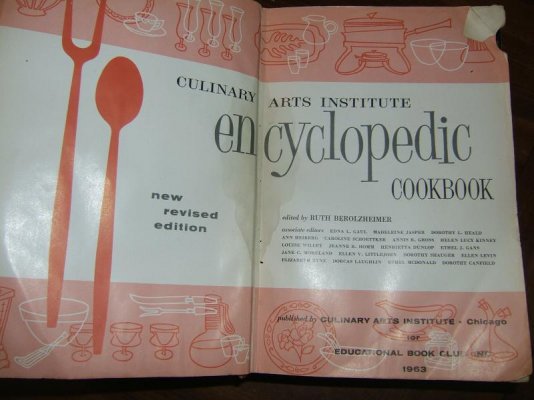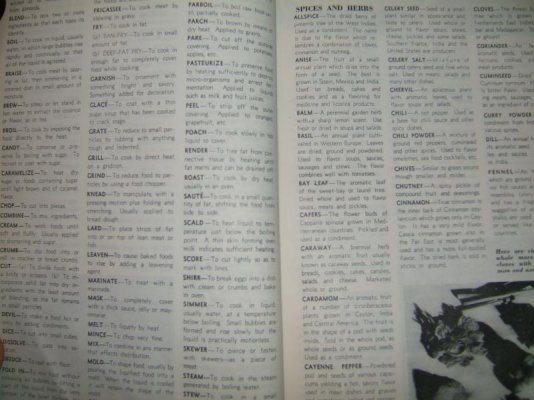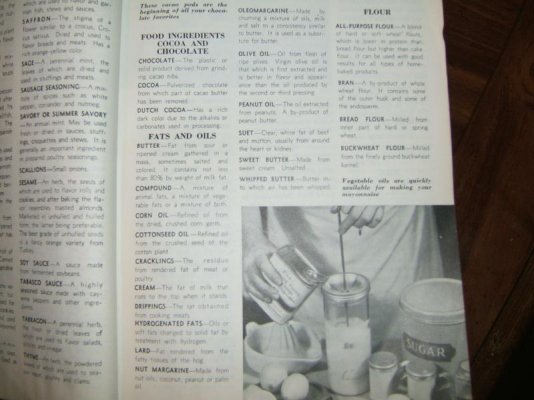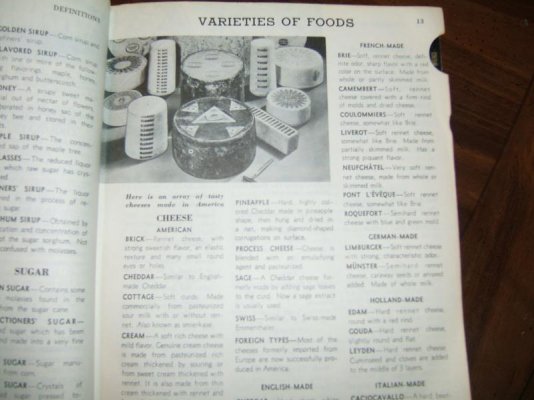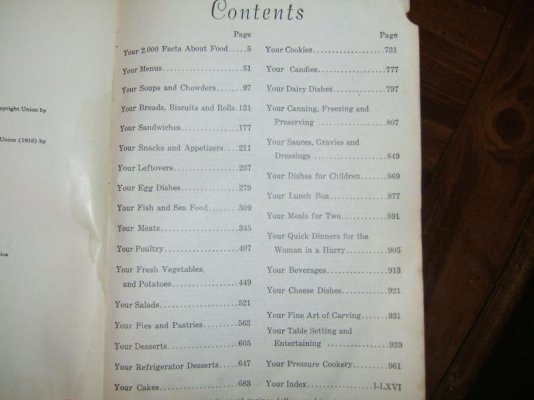Karilan
Assistant Cook
First off, hello everyone! My name is Karilan, I'm 21 and in dire need of some cooking skills.
I've got a handful of cook books, but I've never taken a cooking class and neither of my parents taught me. What I'm looking for is a recommendation for a book that covers the absolute basics.
These books I have look nice and everything...but they assume I already know what they're talking about.
I get lost when they give instructions like "sautee" or "score fish" and amazingly: "pound chicken" (does chicken actually flatten out if I take a mallet to it?!)
Needless to say, I need some help! Does anyone know of a good book that teaches me all the little things?
Thank you in advance!
I've got a handful of cook books, but I've never taken a cooking class and neither of my parents taught me. What I'm looking for is a recommendation for a book that covers the absolute basics.
These books I have look nice and everything...but they assume I already know what they're talking about.
I get lost when they give instructions like "sautee" or "score fish" and amazingly: "pound chicken" (does chicken actually flatten out if I take a mallet to it?!)
Needless to say, I need some help! Does anyone know of a good book that teaches me all the little things?
Thank you in advance!

